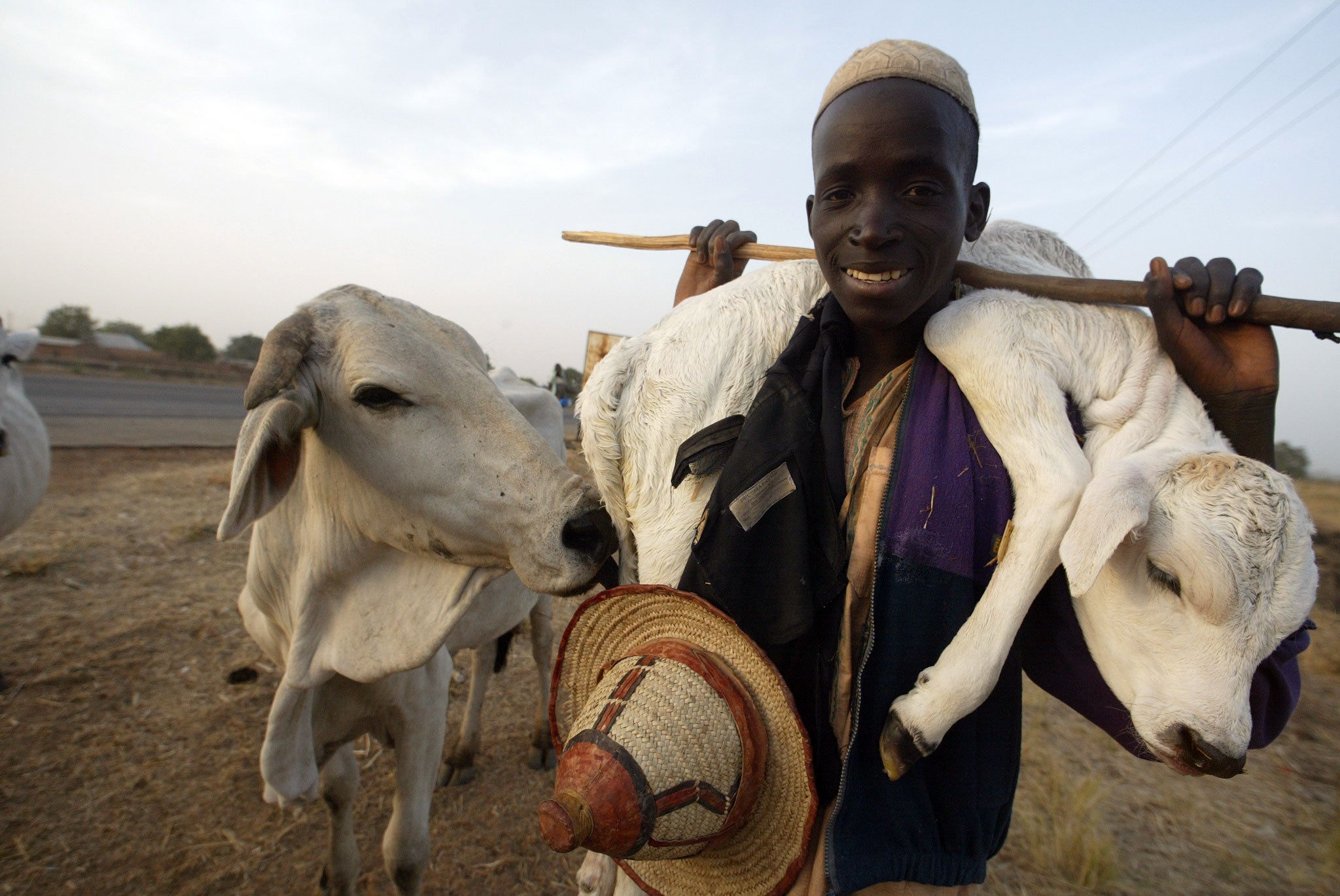Small farms are critical in the fight against hunger
60 per cent of the rural population in Sub-Saharan Africa live in extreme poverty; helping small farms conserve their harvest better can make a huge difference

Food waste hits the headlines with some regularity. A report last week indentified waste at every stage of the farm to fork cycle. All of this waste is bad, but most tragic of all is waste in countries and continents where millions do not have enough to eat.
In 2011 a World Bank report estimated the value of post-harvest losses in Sub-Saharan Africa at a staggering $4 billion out of an estimated total production of $27 billion.
Small-scale farmers bear the brunt of these losses. They see the harvests they gather eaten by rats, birds and insects and ruined by mould and damp. The crops they are able to sell understandably command low prices when they get to market.
So it makes sense that aid targeted at small scale farmers should pay as much attention to what happens after harvest – crop storage, transport and marketing – as to increasing production. That's why CAFOD is calling for the scaling up of aid to small scale farmers who produce half the world’s food and who themselves account for half the world’s hungry people.
60 per cent of the rural population in Sub-Saharan Africa live in extreme poverty.
Almost all the 300 million people this makes up are members of farming families. They need their governments to formulate policies which prioritise small-scale farming and similarly they need international donors, like DFID, to match their warm words on small holder farmers with increased funding.
Too many governments and economists regard this class of farmer as an obstacle to rather than an asset. In a plea for large-scale investment in agriculture published in the Wall Street Journal, Sir Suma Chakrabarti, former permanent secretary at DFID and now president of the European Bank for Reconstruction and Development and Jose Graziano da Silva, Director General of the UN Food and Agriculture Organisation (FAO) described “small and uneconomically sized farms” as one of the factors holding back Turkey’s agricultural development.
While it is true that many small farms are simply too tiny to provide food for a farming family, let alone produce a surplus for sale, many others just need the right policies and support to become vibrant and prosperous businesses.
There are an estimated 450 million small-scale farms worldwide, defined by IFAD as farms of two hectares or less of land. These farms, about 85 per cent of the world’s total, are thought to support a population of roughly 2.2 billion people – a third of the world’s population. Improving the productivity and profitability of these farms is now seen as the key to reducing rural poverty and increasing food availability in countries where millions of people do not have enough to eat.
In Sub-Saharan Africa improved rural livelihoods will also help to slow so-called “premature urbanisation” - the drift to the cities where rural migrants, often illiterate and lacking the skills needed for life in the city, struggle to survive in shanty towns and urban slums. Large scale agriculture may be more productive in terms of labour, but investments which expel farming people from rural areas are the last thing that African agriculture needs now.
Empowering aid challenges donors, DFID in particular, to match the pledge made by African governments nearly 10 years ago to spend 10 per cent of their national budgets on agriculture. Some countries are achieving this target. DFID should support them – both by increasing its aid to agriculture, and ensuring that it reaches the small scale farmers who need it most.
George Gelber is CAFOD’s Food Policy Advisor

Join our commenting forum
Join thought-provoking conversations, follow other Independent readers and see their replies